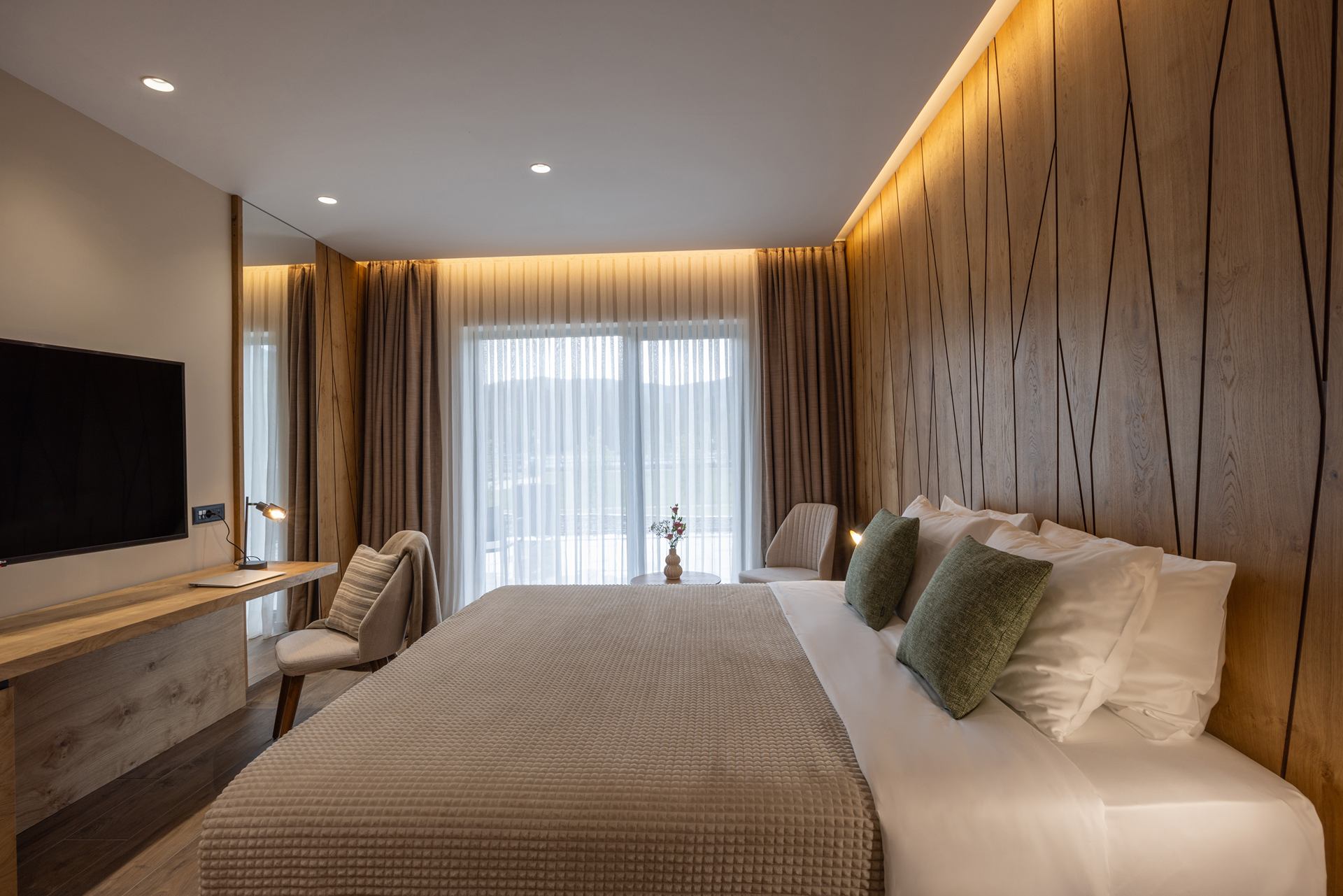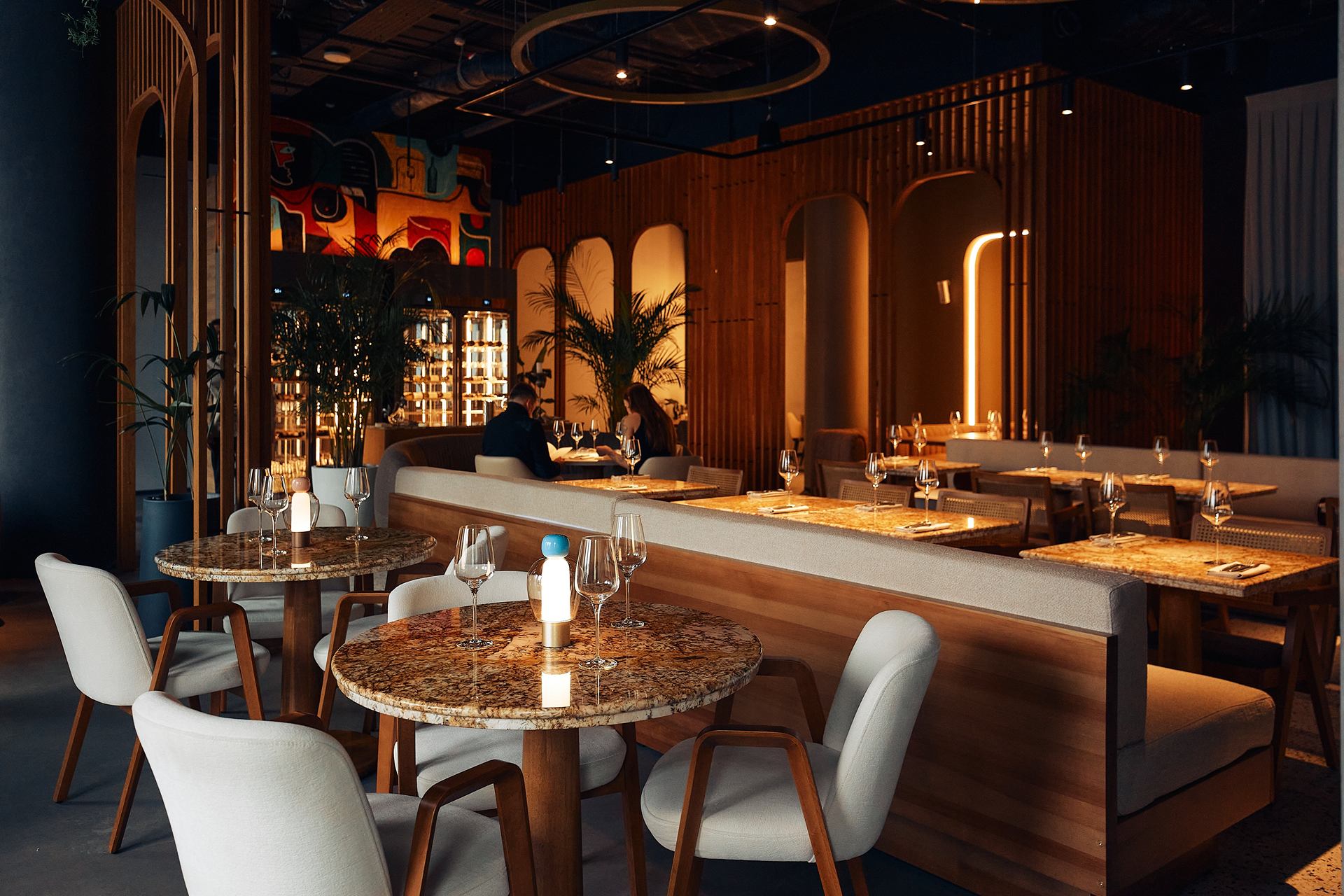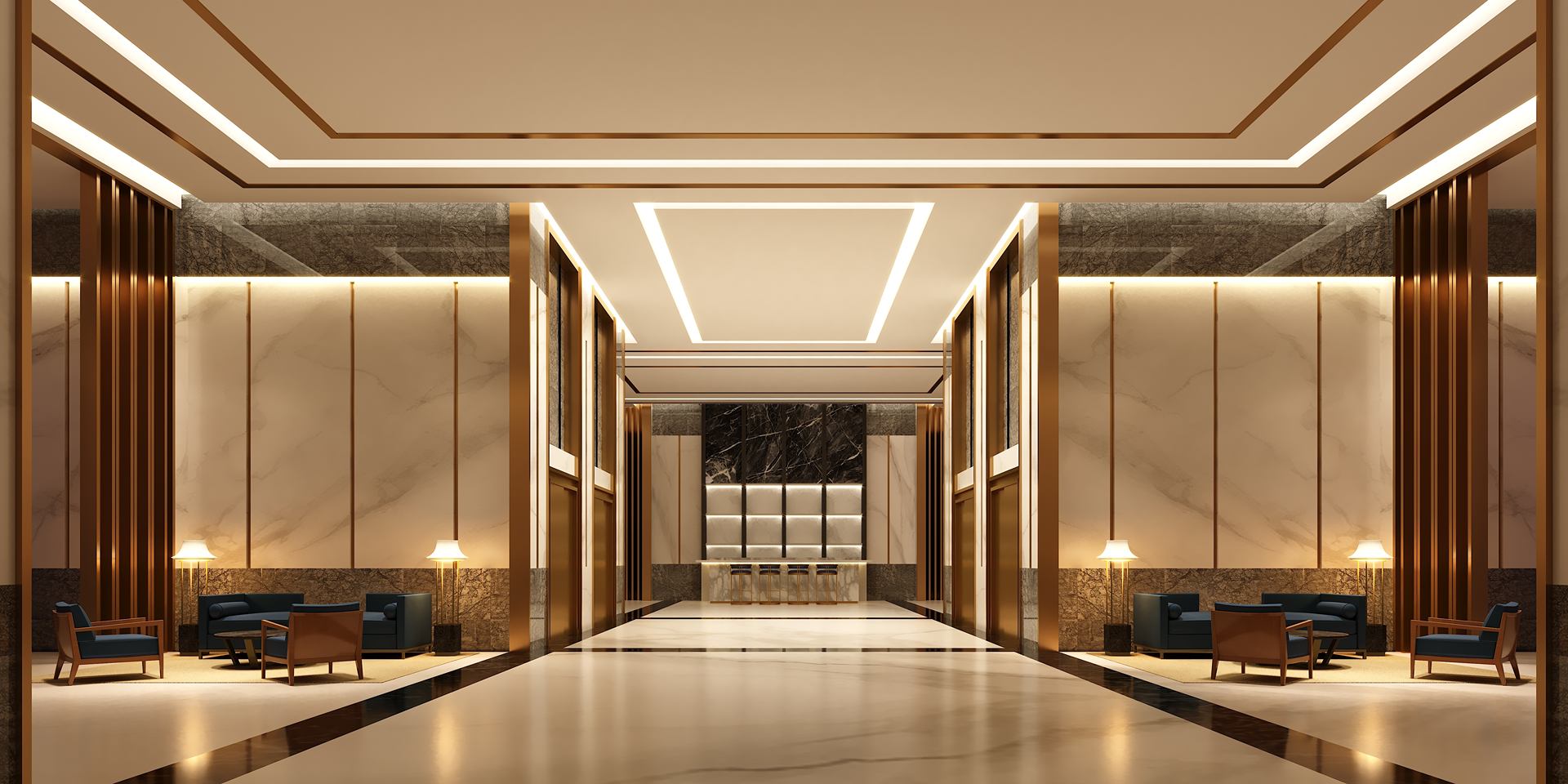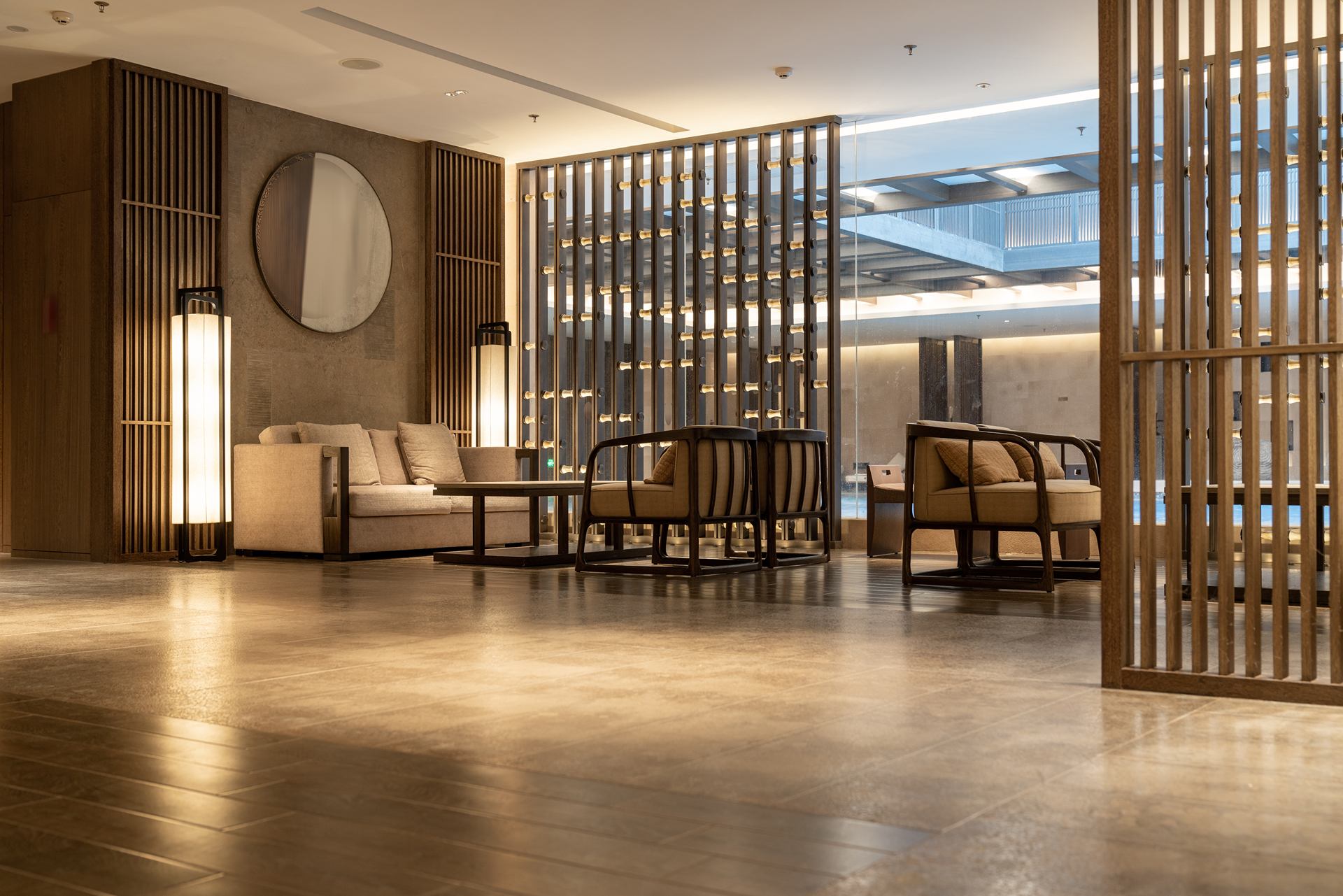What Are Luxury Hotels Called?
Luxury Hospitality: What Makes a Luxury Hotel?

If you're looking for an alternative name for luxury hotels, you're not alone. Many people wonder what these extravagant accommodations are called, as they represent the epitome of comfort, elegance, and exceptional service. While there is no specific term used universally, luxury hotels are often referred to as high-end hotels, deluxe accommodations, or upscale resorts.
When it comes to luxury hospitality, it's important to understand what sets these establishments apart from regular hotels. The word 'luxury' can be subjective, but there are certain characteristics and features that define a luxury hotel.
The Evolution of Luxury Hospitality

Over the years, luxury hospitality has evolved to meet the changing demands and expectations of discerning travelers. What was considered luxurious a few decades ago may not meet the standards of today's luxury hotels. The industry has witnessed a significant transformation, driven by factors such as globalization, technology advancements, and evolving consumer preferences.
One key aspect of luxury hospitality is personalization. Today's luxury hotels strive to create tailored experiences for their guests, anticipating their needs and preferences. It's not just about offering lavish amenities and opulent surroundings, but also about providing a personalized touch that makes guests feel valued and special.
Creating a Wow!: The Definition of a Palace

When it comes to luxury hotels, palaces often come to mind. These grand establishments go beyond the ordinary and offer an unparalleled level of opulence and grandeur. Palaces are known for their high ceilings, distinctive locations, and a large number of rooms. To maintain the level of service expected, a palace typically has a significant number of employees.
Revival of Luxury Palace Hotels in Paris: How Did They Do It?
Paris, known as the 'City of Light,' is home to some of the world's most iconic luxury hotels. These establishments have managed to retain their allure and appeal by investing in extensive renovations and embracing the changing needs of luxury travelers. By blending timeless elegance with modern amenities, these palace hotels continue to attract discerning guests.
Redefining Luxury Hospitality

The concept of luxury hospitality is constantly evolving, and it's essential for hotels to adapt and redefine what luxury means in today's world. Luxury is no longer solely defined by opulence and extravagance; it's about creating meaningful experiences and emotional connections with guests.
One of the key factors in redefining luxury hospitality is the attention to detail. Luxury hotels must strive for perfection in every aspect of their operations, from the quality of service to the smallest details in room design. It's about going above and beyond to exceed guest expectations and ensure their stay is unforgettable.
Luxury and the Ego

Another aspect of luxury hospitality is the ego. Luxury hotels cater to individuals who are selective about where they stay and seek properties that align with their personal brand and image. Whether it's the pride employees take in working at a prestigious hotel or the choices made by owners and guests, the ego plays a role in shaping the luxury hotel industry.
Conclusion: What Makes a Luxury Hotel?
In conclusion, luxury hotels are often referred to as high-end hotels, deluxe accommodations, or upscale resorts. These establishments go beyond providing lavish amenities and opulent surroundings; they aim to create tailored experiences and emotional connections with guests. The evolution of luxury hospitality has brought about a shift towards personalization and attention to detail. Whether it's a palace hotel in Paris or a boutique resort in a tropical paradise, luxury hotels continue to redefine what it means to provide exceptional service and create unforgettable experiences.